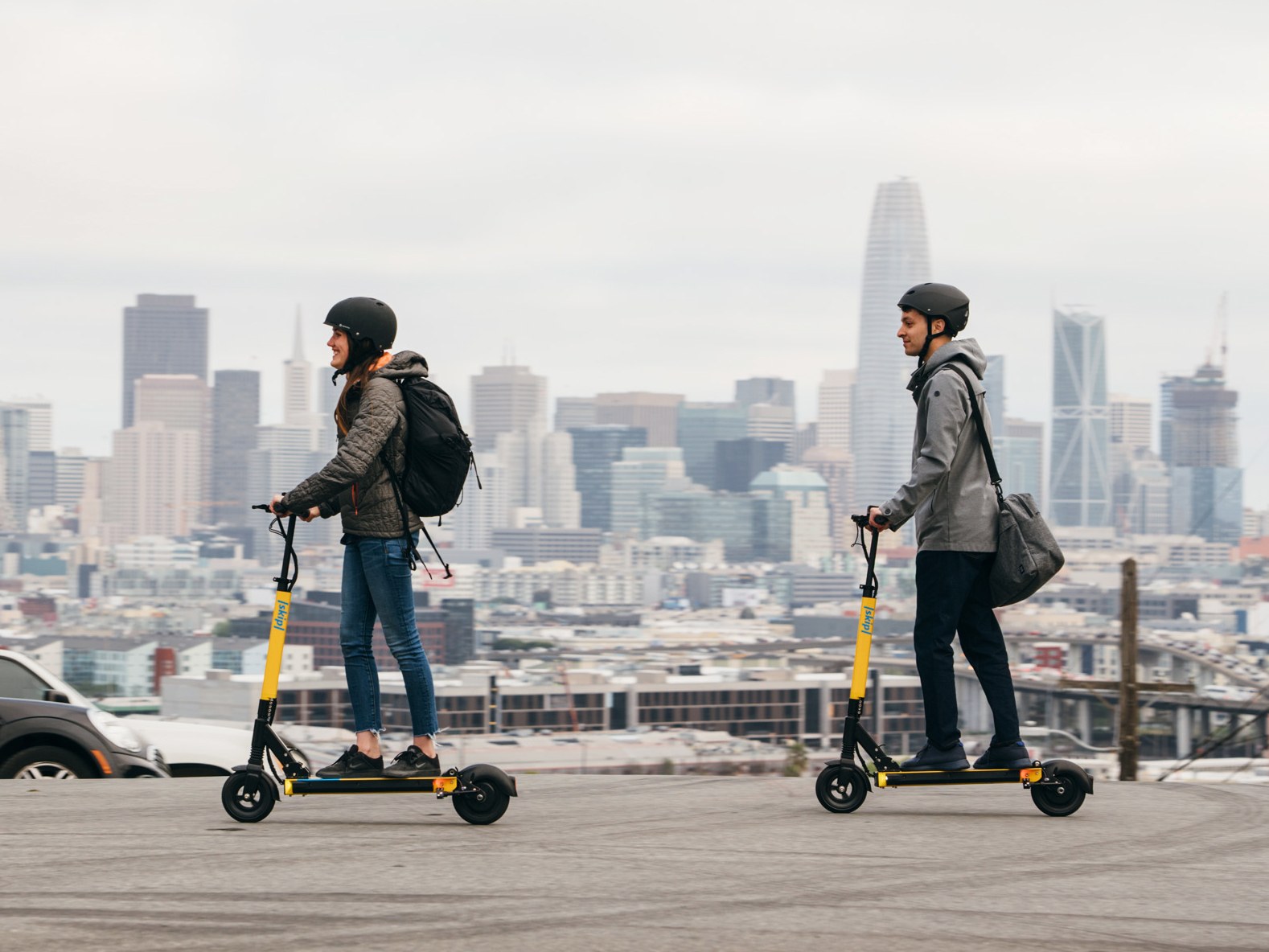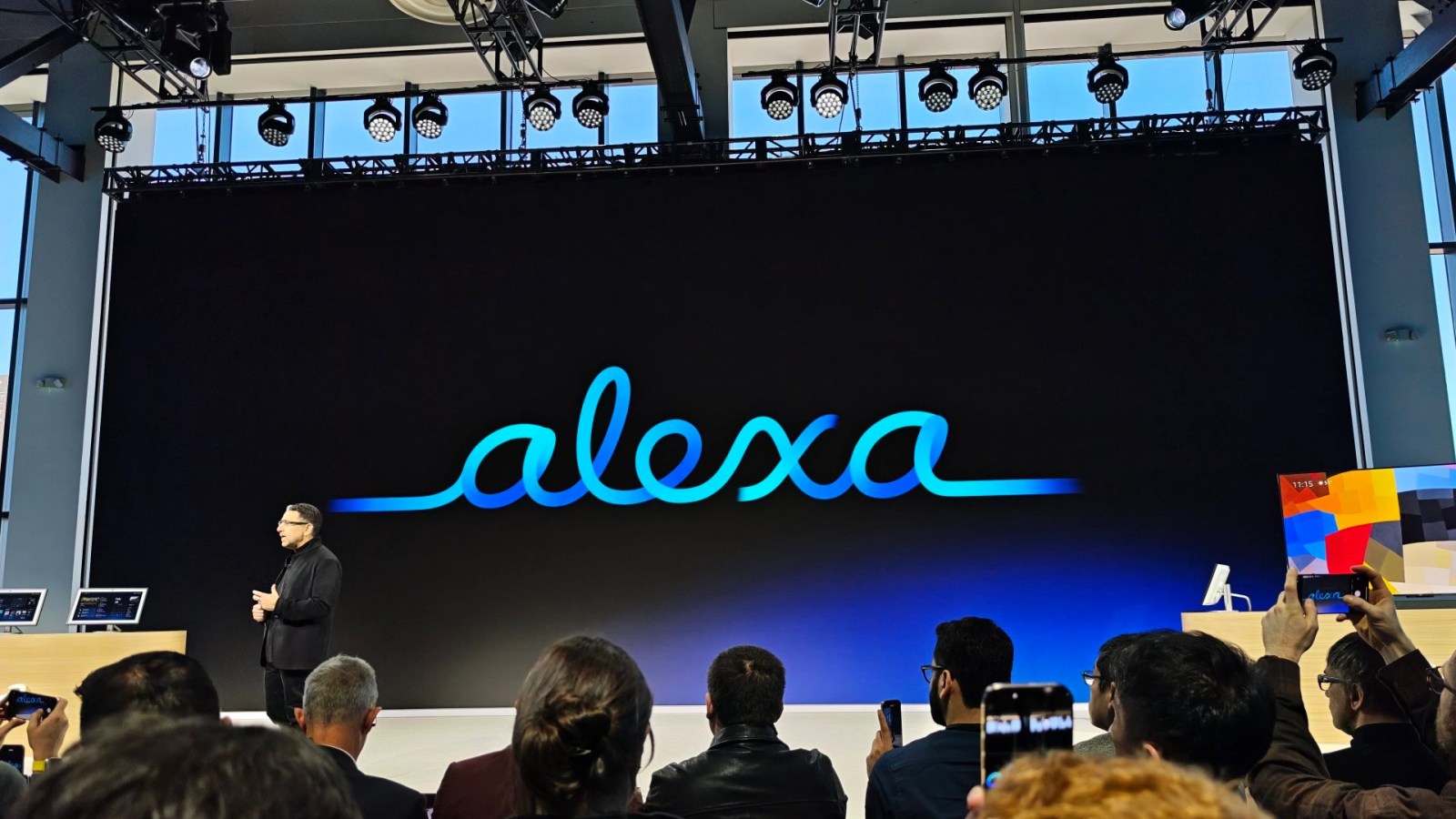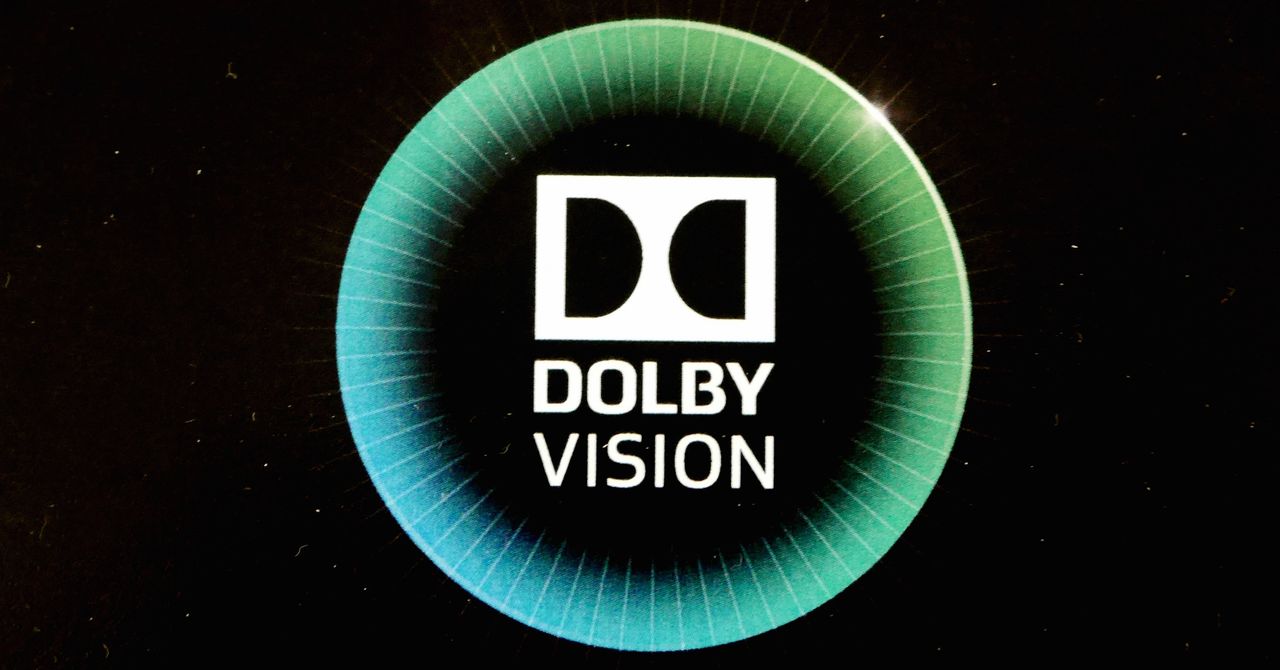
With 2018 officially in our rear-view mirror, it’s time for us to think about and consider what might happen in the year to come. More specifically, let’s talk about transportation technologies, and what 2019 might bring for those. Will autonomous cars finally become an every day reality? Will flying cars ever get off the ground? What about tunnel-based transit systems? How will electric scooters fair? And lastly, will every day citizens launch into space?
Autonomous Vehicles
Self-driving vehicles are quickly becoming a commercial reality. Almost all of the major automotive companies are developing autonomous vehicle concepts, or they have partnered with a technology company in order to be a competitor. A number of cities have approved autonomous vehicle pilot programs, which will further accelerate the market. However, what we haven’t seen is these cities build enough infrastructure in order to sustain the future of autonomous cars. What we expect to see in 2019 is a critical transition year for autonomous vehicles. Which means, we will see the technology move from the research and development phase to the early stages of commercialization. By the end of 2020, we wouldn’t be surprised if autonomous cars are delivering transit services in some cities.
Autonomous Flying Cars
It’s easy to see the future of autonomous vehicles. But it’s not as easy to envision a future with flying cars. In fact, the potential of creating autonomous Vertical Takeoff and Landing (VTOL) vehicles is incredibly tremendous. The talk of this kind of transportation outpaces its feasibility. The technology behind VTOL taxis continues to advance at a rapid pace, driven in large part by major players like Uber, Boeing, Airbus, Bell, and Volkswagen. The challenge, however, is logistical and not necessarily technological. We have the same challenge with flying cars as we do with autonomous vehicles – a lack of infrastructure to support this kind of transit. That said, this kind of technology is unlikely to materialize in 2019.
Tunnel-Based Transit
Elon Musk has made some great strives with The Boring Company. From the Hyperloop to the Chicago Express Loop to the Los Angeles car tunnels, The Boring Company is advancing a number of infrastructure innovations that rely on subterranean pathways. The company’s ideas are often criticized as unproven at best, and unrealistic at worst. This is significant given how expensive and time-consuming tunneling is. Another consideration is how uncomfortable this kind of transportation actually is. All that said, underground tunnels can greatly increase transportation efficiency. 2019, however, isn’t the year for tunnel-based transit. Give it another 5 years and we might be having a different conversation.
Electric Scooters
Last, but certainly not least – electric scooters. Electric scooter services like Bird, Spin, Skip and many others have definitely stirred up a ton of controversy in cities throughout the United States. The big challenge is that many are parking scooters in a haphazardly way, which obstructs sidewalks and streets. In addition, unhelmeted riders are zipping quickly in and out of traffic. What’s the solution? Infrastructure! Man, I’m on a roll with this theme today.
Electric scooters (as well as any other new mode of transportation) needs a corresponding infrastructure system that can accommodate them without disrupting other modes of transportation. For example, we have seen the rise of bike and bus lanes in cities throughout the country. But the absence of a dedicated lane or thoroughfare is contributing to the disorder of e-scooters. Scooters are definitely more useful in certain cities and



